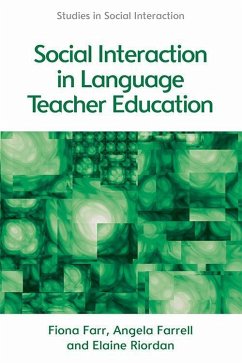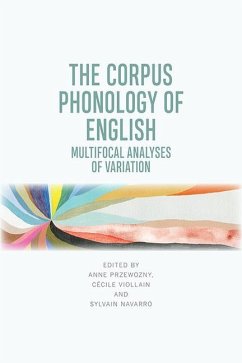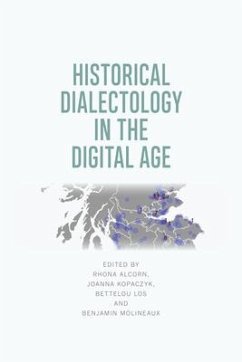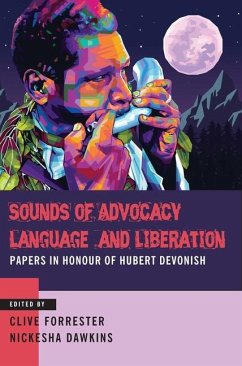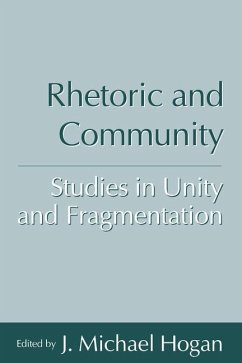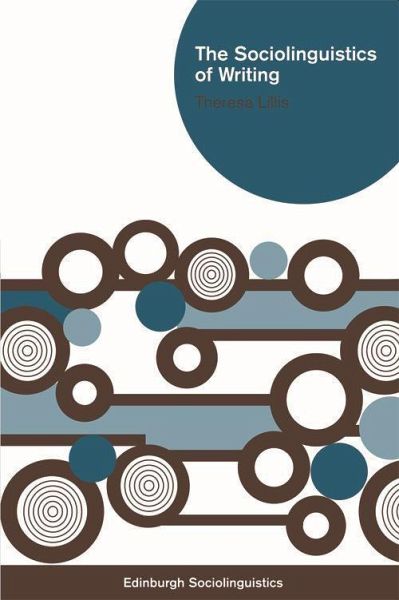
The Sociolinguistics of Writing

PAYBACK Punkte
18 °P sammeln!
Edinburgh Sociolinguistics Series Editors: Joan Swann and Paul Kerswill Designed for newcomers to the field as well as postgraduates and academics with an interest in socially oriented approaches to language, this series covers the core topics in sociolinguistics. Volumes are discursive, accessibly written and offer both a critical overview and insights derived from the authors' own research. As a whole, the series provides a comprehensive introduction to sociolinguistics. 'With clear vision and a broad reach this book provides a powerful contribution to understanding the nature of writing. Eq...
Edinburgh Sociolinguistics Series Editors: Joan Swann and Paul Kerswill Designed for newcomers to the field as well as postgraduates and academics with an interest in socially oriented approaches to language, this series covers the core topics in sociolinguistics. Volumes are discursive, accessibly written and offer both a critical overview and insights derived from the authors' own research. As a whole, the series provides a comprehensive introduction to sociolinguistics. 'With clear vision and a broad reach this book provides a powerful contribution to understanding the nature of writing. Equally important is its contribution to sociolinguistics, showing how the study of written language belongs at the centre of contemporary sociolinguistics.' David Barton, Lancaster University This book puts writing at the centre of sociolinguistic inquiry drawing on a range of academic fields including New Literacy Studies, semiotics, genre studies, stylistics and new rhetoric. The key question the book explores is - what do we mean by 'writing' in the twenty-first century? Using examples - such as blogs, academic writing, fanfiction, poems, texting, newspaper articles, souvenir labels, advertisements, wikis, political banners, letters, YouTube comments, asylum applications - the book argues that writing, involving both old and new technologies, is a pervasive and complex communicative feature of contemporary life. The book is organised around the following areas: - The multimodal nature of writing - The verbal dimension to writing - Writing as everyday practice - Writing as a differentiated semiotic and social resource - Writing as the inscription of identity A range of tools for analysing writing as text and practice are illustrated including genre, register, discourse and metaphor, as well as notions which emphasise the mobile potential of writing such as genre chains, networks, literacy brokers and text trajectories. This book seeks to redress the neglect of writing in the field of sociolinguistics by introducing readers to the nature and consequences of what it means to do writing in a globalised world. Theresa Lillis is Professor in English Language and Applied Linguistics at the Open University, UK. Cover design: [EUP logo] www.euppublishing.com




